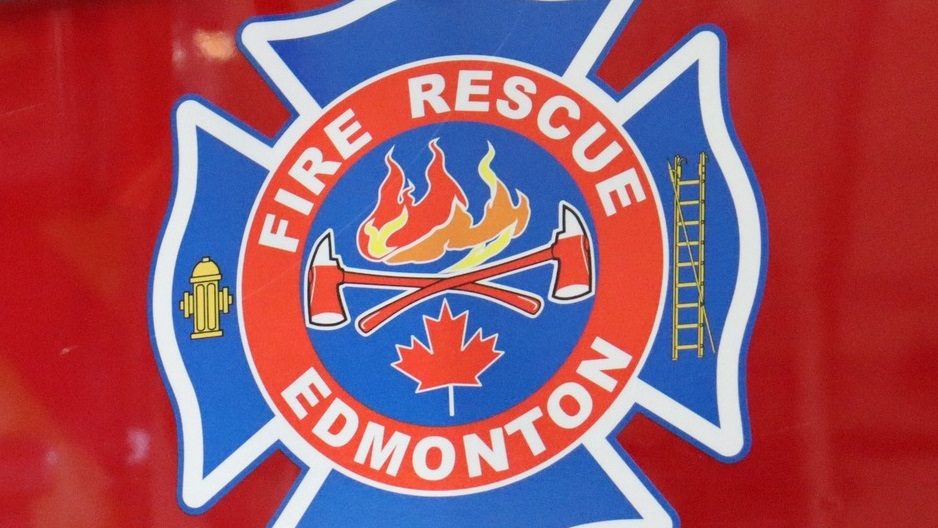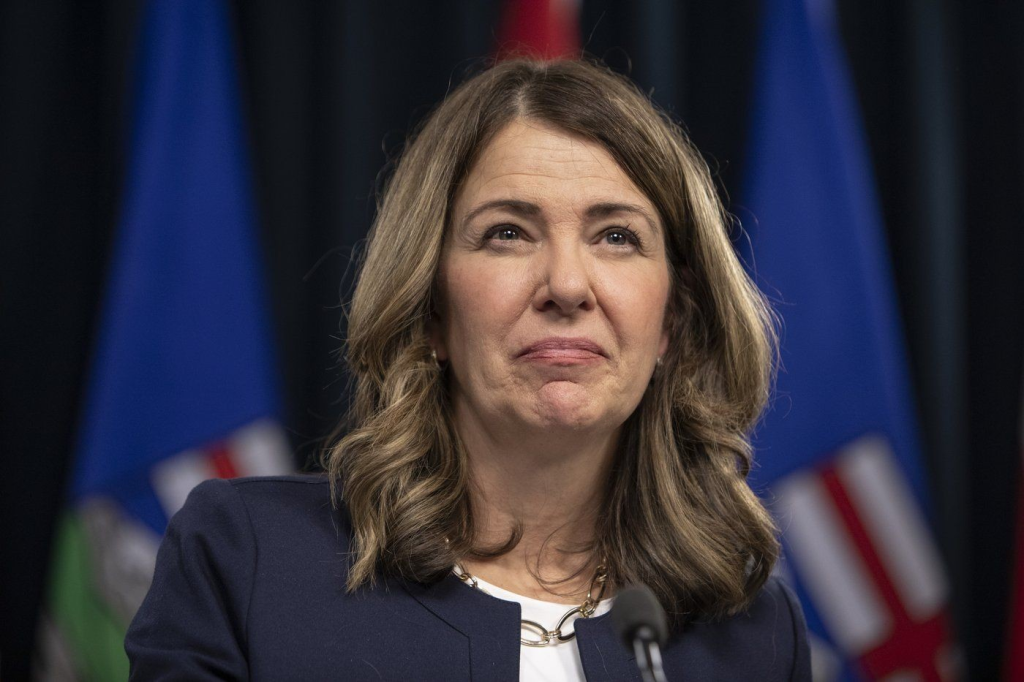Edmonton looking to change environmental policy for public infrastructure

Posted June 25, 2025 6:18 pm.
Last Updated June 25, 2025 7:47 pm.
Fire halls are spread out around Edmonton, but with a growing population and more neighbourhoods, the city is struggling to keep up with the demand, because of city-imposed environmental and building standards driving up construction costs.
“We want everyone to be safe, but that does have an impact on the cost of new construction,” said Sarah Hamilton, the councillor for Ward Sipiwiyiniwak.
A recent report showed it takes more money and more time to build fire halls in Edmonton compared to neighbouring communities like Leduc.
Homeowners in newer neighbourhoods are waiting for fire halls and are letting councillors know they are frustrated.
“I’ve heard from new homeowners who are getting a pretty big insurance bill because they have to have coverage for being outside the fire response perimeter,” said Hamilton.
Councilor Hamilton says she is seeing the impact of what she called stacked policies and affecting the development of new fire halls, including Edmonton’s environmental policy.
The Windermere fire station was Edmonton’s first net-zero fire hall, opening last year. Those on Edmonton’s Energy Transition and Climate Resilience Committee say green fire facilities are important because they can use more power than a recreation centre.
“If this theoretical building were built, it would be the most expensive and first near-net-zero building that has higher operating costs, higher maintenance costs, and higher replacement costs,” said Jacob Komar, with the Energy Transition and Climate Resilience Committee.
While councillors are not against a net-zero and cost-effective infrastructure, many share that there needs to be a middle ground to build the needed fire halls.
Councillor Michael Janz says this became the problem because of how the city is growing into new neighbourhoods.
“We need to be focusing our energy on how we build upwards, how we build smart, how we make sure that we’re not sprawling out into farmline, demanding more roadways, more infrastructure, more maintenance yards,” said Janz.
Councilors are voting Wednesday to look for ways to change Edmonton’s climate resilience policy, to find ways to lower construction costs for all city infrastructure. The full motion will be debated next year.







